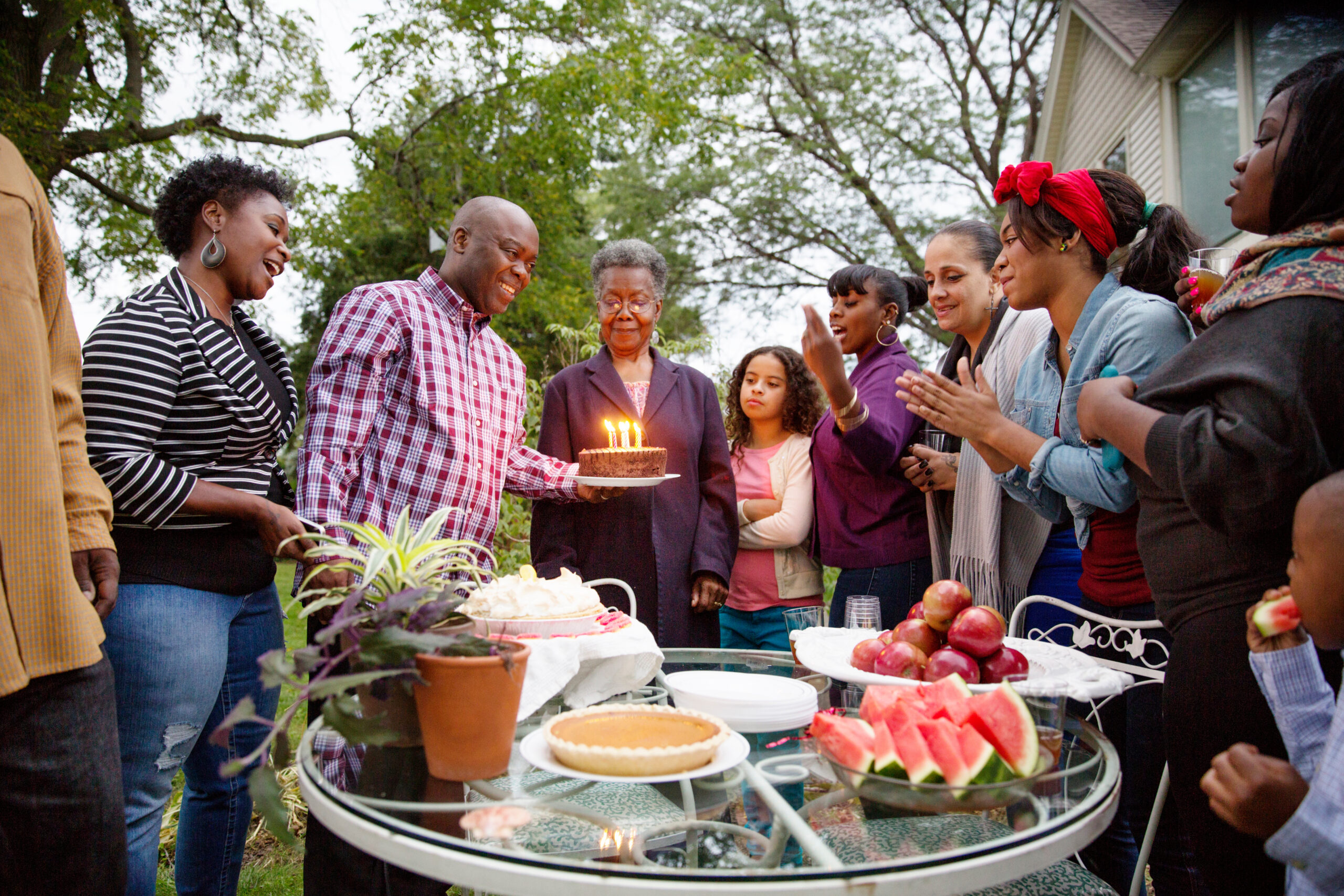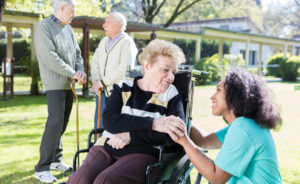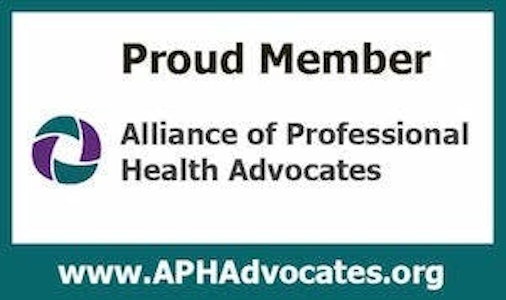Caring for aging parents is one of the most meaningful responsibilities a family can face, but it can also come with its share of complexities. Being a family caregiver oftentimes involves siblings work together and approach caregiving with a clear plan, they can turn potential confusion and conflict into collaboration and connection. That’s why The Complete Siblings Guide to Caring for Aging Parents was created—to empower families with the tools they need to handle this important phase of life confidently and harmoniously.
This comprehensive guide is divided into seven thoughtful modules. Each one addresses a vital aspect of caregiving, equipping families with actionable strategies, practical tools, and emotional support. Below, we’ll unpack the framework so you can see how this resource can help your family thrive, reduce stress, and prioritize what matters most.

Module 1: Getting Your Affairs in Order – Legal and Financial
The first step to organized caregiving is aligning on the legal and financial foundation. Without prepared documents and well-defined roles, families can quickly find themselves overwhelmed during critical moments.
Objective:
Equip families with the knowledge to handle legal and financial matters efficiently.
Key Lessons and Activities:
- Decision-Making and Documents: All siblings should have access to essential documents, including wills, powers of attorney (POA), and advance directives. This ensures transparency and clarity when decisions need to be made.
- Parent Competency: Understanding what it means for parents to be competent, and determining whether siblings act as POA, co-signers, or other roles.
- Case Studies: The course includes real-life scenarios to deepen understanding of these legal concepts.
- Budget Planning Workshop: Caregiving costs can add up quickly. Families learn about resources like long-term care insurance and employer benefits, and map out budgets to plan effectively.
Practical Example:
One family used the guide to realize they had multiple gaps in their preparation. By working through the budgeting exercise and creating an “emergency folder” with all the necessary legal documents, they were able to quickly act when their parent experienced a sudden health crisis.
Module 2: Healthcare Management and Advocacy
Few things are more overwhelming than navigating the healthcare system without a roadmap. This module provides clarity and confidence for families managing medical needs.
Objective:
Guide families in effectively managing healthcare needs and advocating for their loved ones.
Key Lessons and Activities:
- Coordinating Care: Families learn to communicate effectively with healthcare providers, maintain medical records, and understand common medical terms.
- Medication Management: Tools like medication dispensers and color-coded systems are explained to simplify day-to-day care.
- Advocacy Strategies: Families work on methods to ensure the best care for their loved ones, even when coordinating with multiple providers.
- Transitions in Care: The stages of care—from independent living to hospice care—are broken down, so families can anticipate what’s next and plan accordingly.
Practical Example:
A daughter caring for her mother with early-stage dementia found the advocacy planning section invaluable. She developed a concise healthcare folder and used role-playing activities to build confidence in discussing her mother’s needs with doctors.
Module 3: Understanding Family Dynamics and Roles
Every family is unique, and dynamics can shift under the stress of caregiving. This module helps families identify strengths, set boundaries, and work together as a cohesive team.
Objective:
Foster a unified approach among siblings and family members in caring for aging parents.
Key Lessons and Activities:
- Roles and Responsibilities: Families map out the skills and strengths each member brings to caregiving.
- Navigating Sibling Relationships: The course helps families overcome common conflicts, such as disagreements about care or financial contributions. A “Sibling Caregiver Contract” is included to promote equity and accountability.
- Long-Distance Caregiving: Tips and tools are offered to keep out-of-town siblings fully informed and involved, even from afar.
Practical Example:
A family of four siblings, scattered across the country, used this module to create a shared caregiving calendar and implement scheduled Zoom meetings. This reduced miscommunication and ensured everyone had a role, no matter their location.
Module 4: Effective Communication Strategies
When communication falters, caregiving can quickly become frustrating. This module helps families establish clear and open communication patterns while fostering mutual respect.
Objective:
Improve family collaboration and decision-making through stronger communication skills.
Key Lessons and Activities:
- Active Listening: Interactive exercises, like the game of “telephone,” help families build empathy and clarity in their interactions.
- Family Meetings: Families learn how to set agendas and facilitate productive discussions to avoid miscommunication and achieve consensus.
- Transparency: Tips are shared to ensure all siblings, particularly those who live far away, stay informed about caregiving updates and decisions.
Practical Example:
A blended family struggling with conflicting caregiving ideas found that structuring family meetings with written agendas and follow-ups helped resolve unnecessary tension while keeping everyone aligned.
Module 5: Conflict Resolution and Problem-Solving
Conflict is a natural part of caregiving, but it doesn’t have to derail progress. This module provides tools for tackling disagreements with understanding and care.
Objective:
Develop skills to manage conflicts and resolve disagreements amicably.
Key Lessons and Activities:
- Conflict Sources: Examples of common caregiving conflicts are explored, paired with tips to address them before they escalate.
- Mediation Techniques: Role-playing exercises help families practice mediation and compromise skills.
Practical Example:
Using conflict resolution strategies from the course, one family minimized ongoing disputes by learning to separate emotions from discussions about caregiving logistics.
Module 6 and 7 Combined: Emotional Support, Self-Care, and Planning for the Future
Caregivers often place themselves last, which leads to burnout. These two modules help families focus on self-care and prepare for future transitions to ease anxiety about the unknown.
Objective:
Promote caregiver well-being and document end-of-life wishes to prepare for future transitions.
Key Lessons and Activities:
- Recognizing signs of caregiver stress and learning stress management techniques.
- Building emotional and practical support systems for resilience.
- Documenting final wishes and learning about options like hospice, respite care, and home health.
- Updating plans regularly to reflect changing health needs.
Practical Example:
A caregiver shared how creating a sibling self-care schedule prevented burnout and how documenting her parents’ end-of-life wishes gave their family peace of mind during a difficult time.

A Comprehensive Resource for Navigating Caregiving
The caregiving journey can feel overwhelming, but The Complete Siblings Guide to Caring for Aging Parents lays out a step-by-step framework to help families succeed. From legal and financial preparedness to healthcare advocacy and family dynamics, this guide empowers caregivers to work together with less stress and more confidence.
Take the Next Step
If your family is ready to take control of caregiving and gain the clarity and resources needed to make informed decisions, we encourage you to explore the course. Your Nurse Advocate Consulting is here to support you every step of the way, offering 1-on-1 guidance, consultations, and additional resources designed to make your caregiving experience more manageable.
Visit us today to learn more and start your path to compassionate, collaborative caregiving. You don’t have to do this alone—we’re here to help!
If all of this may be too much and you would like to access just bits and pieces we have heard you!
We are introducing our first Mini-Course “Getting Your Affairs in Order with Confidence: Collaborative Care Planning.” If this is the information you need now to get you started supporting you or an aging loved one we have just released this one this week. You can learn more and access the information HERE.
We are thankful for your time today to spend a few minutes with us. We look forward to bringing you more ways to make your caregiving journey less stressful and overwhelming. We can help you fill in the blanks and read between the lines to assist you in ensuring the best possible care for your aging loved one.
See you back here soon,
Pam and Linda
Your Nurse Advocates
“Compassionate care for aging parents, peace of mind for adult children.”
About the Authors
At Your Nurse Advocate Consulting, Pam and Linda’s mission is to empower aging adults and their families to take control of their health, prepare for life’s uncertainties, and secure their peace of mind. We are dedicated to providing compassionate guidance, personalized support, and expert resources to help our clients navigate complex medical needs and organize their personal affairs.
As independent patient advocates we have a steadfast commitment to clarity, family well-being, and empowerment, we strive to make a meaningful impact by ensuring our clients feel confident, prepared, and cared for every step of the way on their healthcare journey.
Expert Guidance You Can Trust
With over 80 combined years of R.N. experience navigating the complex healthcare system, we stand as trusted guides for seniors and their families. Our expertise ensures they can access the care and resources they need without feeling overwhelmed by red tape or confusion.
Resources:
Your Nurse Advocate Consulting Free Resources






